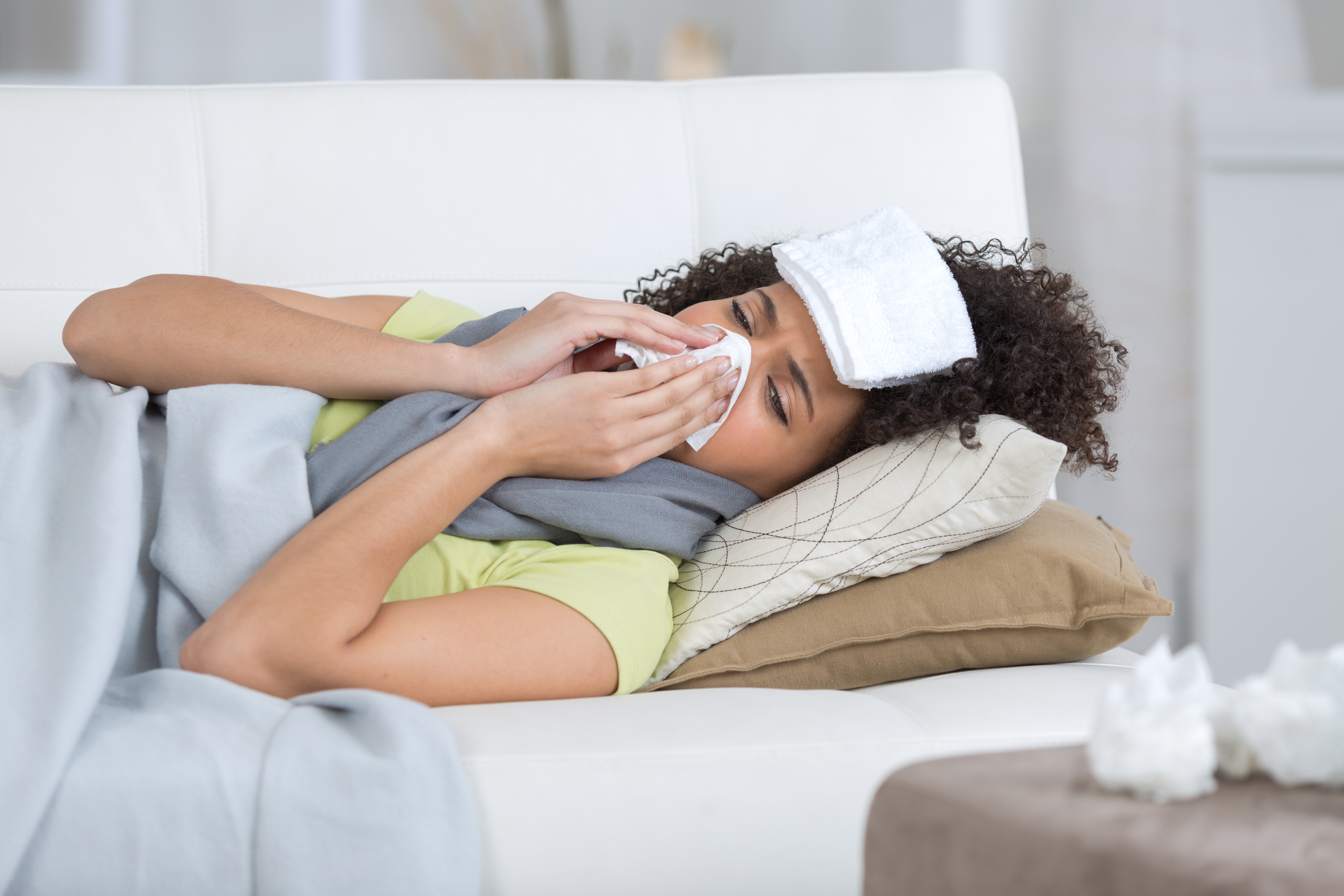Period Survival Guide
From puberty all the way through to menopause, periods are a natural monthly occurrence for most women. But the arrival of our monthly cycle can be very disruptive, causing us to feel bloated, emotional and just generally miserable. However, for some lucky ladies, the cycle passes smoothly with little disturbances.
But it’s not all negative! Even if you are tepidly anticipating your monthly period, it means for most women that things are in good, healthy, working order.
If you are wondering how you can make your monthly cycle a little more comfortable, then you have come to the right place!
Be Prepared
The first and most important piece of advice I can share is to keep track. There is nothing worse than being caught off guard when you are wearing those nice new white jeans! Tracking your menstrual cycle, despite how inconsistent it can be sometimes will allow you to take control. Ensure that you are always carrying something on the week running up to your period.
Looking to delay your period for a special occasion?
Click this link and speak to a Doctor at The GP Service today to receive period delay medication.
Period Symptoms
If you are one of those lucky ladies we mentioned earlier, you may not encounter any of these symptoms on the lead up to an impending period. Symptoms usually start to take affect one or two weeks before and include bloating, headaches, irritability and in some cases acne.
Premenstrual Syndrome is a condition that affects between 5-10% of menstruating women that encounter reoccurring symptoms each month. These symptoms are usually unpleasant enough to interfere with their everyday lives, causing them to take time off work.
Unfortunately ladies the symptoms do not stop at bloating and headaches, here are some other common symptoms of PMS:
- Feeling more emotional or anxious than usual
- Cravings for foods or a change in appetite
- Mood Swings. Becoming irritated easily or feeling depressed.
- Need for more sleep or difficulty in getting to sleep
- Stomach cramps and bloating from fluid retention
- Sensitive or painful breasts
Combating PMS
Some of these following recommendations may seem impossible, especially when you feel like curling up with a tub of ice cream, but addressing these factors alone have been known to help combat most PMS symptoms. So why not give them a go!
Get Those 10,000
You may think we are crazy when we say that you need to exercise, especially when you are feeling like a bloated whale. However getting regular exercise will not only improve your overall health it will alleviate your low mood and fatigue! Try and aim for 150 minutes of moderate intensity aerobic activity a week. This could include walking, swimming and cycling.
Keep Hydrated
Period or no period it is good practice to keep hydrated on a daily basis, but even more so during a cycle. Becoming dehydrated will not only have negative effect on your skin but it can aggravate period cramps and make bloating even worse.
Feed Your Period
Despite the cravings, feeding your period does not mean devouring an entire tub of ice-cream and serval bars or chocolate, sorry ladies! As your body undergoes an unpleasant and rigours operation it is important to keep it fuelled on healthy foods. Leafy greens and different coloured vegetables are rich in phytonutrients, vitamins and minerals, which are all needed during your monthly cycle.
If your craving is for endless amounts of carbohydrates then brown rice, pasta and sweet potatoes are good at keeping those cravings at bay. It is important that during your monthly cycle that you are keeping on top of your fish intake. Fish contains natural anti-inflammatory omega-3 fatty acids that are essential to combating a period.
Happy Mind
Becoming more emotional during a period cycle is inevitable for most women, therefore it is crucial that we try and keep our mental health in good balance throughout each month. Stress plays a big factor in most people’s lives, whether it is work related or personal, it all adds up. Combat stress levels by partaking in exercises such as Yoga or Pilates. Another great way to keep your mental health in check is ensuring that you are receiving an adequate amount of sleep. Aim to receive 7-8 hours each night as lack of sleep can result in increased anxiety and depression.



